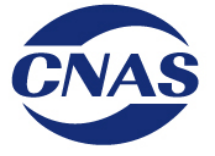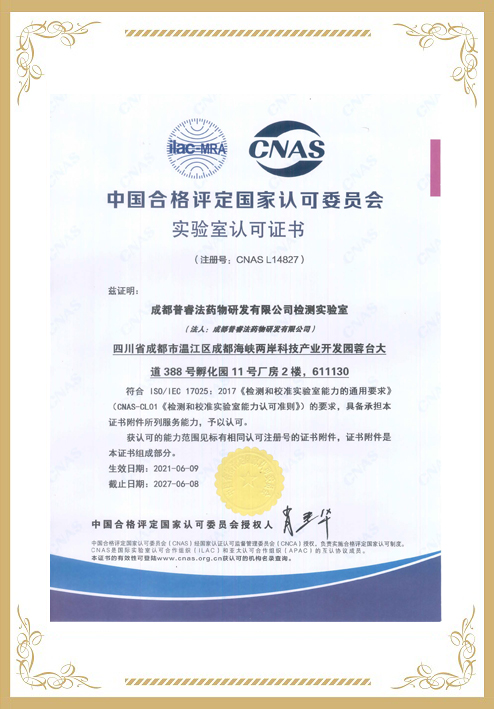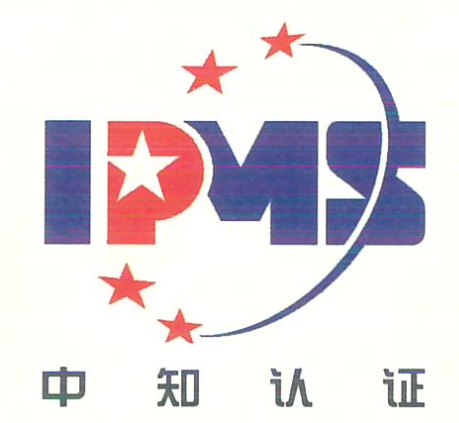Abstract
Pancreas/duodenum homeobox protein 1 (PDX1) is an important transcription factor that regulates islet β-cell proliferation, differentiation, and function. Reduced expression of PDX1 is thought to contribute to β-cell loss and dysfunction in diabetes. Thus, promoting PDX1 expression can be an effective strategy to preserve β-cell mass and function. Previously, we established a PDX1 promoter-dependent luciferase system to screen agents that can promote PDX1 expression. Natural compound tectorigenin (TG) was identified as a promising candidate that could enhance the activity of the promoter for the PDX1 gene. In this study, we first demonstrated that TG could promote the expression of PDX1 in β-cells via activating extracellular signal-related kinase (ERK), as indicated by increased phosphorylation of ERK; this effect was observed under either normal or glucotoxic/lipotoxic conditions. We then found that TG could suppress induced apoptosis and improved the viability of β-cells under glucotoxicity and lipotoxicity by activation of ERK and reduction of reactive oxygen species and endoplasmic reticulum (ER) stress. These effects held true in vivo as well: prophylactic or therapeutic use of TG could obviously inhibit ER stress and decrease islet β-cell apoptosis in the pancreas of mice given a high-fat/high-sucrose diet (HFHSD), thus dramatically maintaining or restoring β-cell mass and islet size, respectively. Accordingly, both prophylactic and therapeutic use of TG improved HFHSD-impaired glucose metabolism in mice, as evidenced by ameliorating hyperglycemia and glucose intolerance. Taken together, TG, as an agent promoting PDX1 expression exhibits strong protective effects on islet β-cells both in vitro and in vivo.
Keywords: ER stress; PDX1; apoptosis; diabetes; drug discovery; endoplasmic reticulum stress; glucotoxicity; lipotoxicity; pancreatic islet; tectorigenin; type 2 diabetes; β-cell protection.
… therapeutic anti-diabetes drug in the future. Experimental procedures Materials and reagents
TG (HPLC≥98%) was purchased from Chengdu
Biopurify Phytochemicals
Ltd (Chengdu, Sichuan, China). 3-(4,5-dimethylthiazol-2-yl)-2 …























